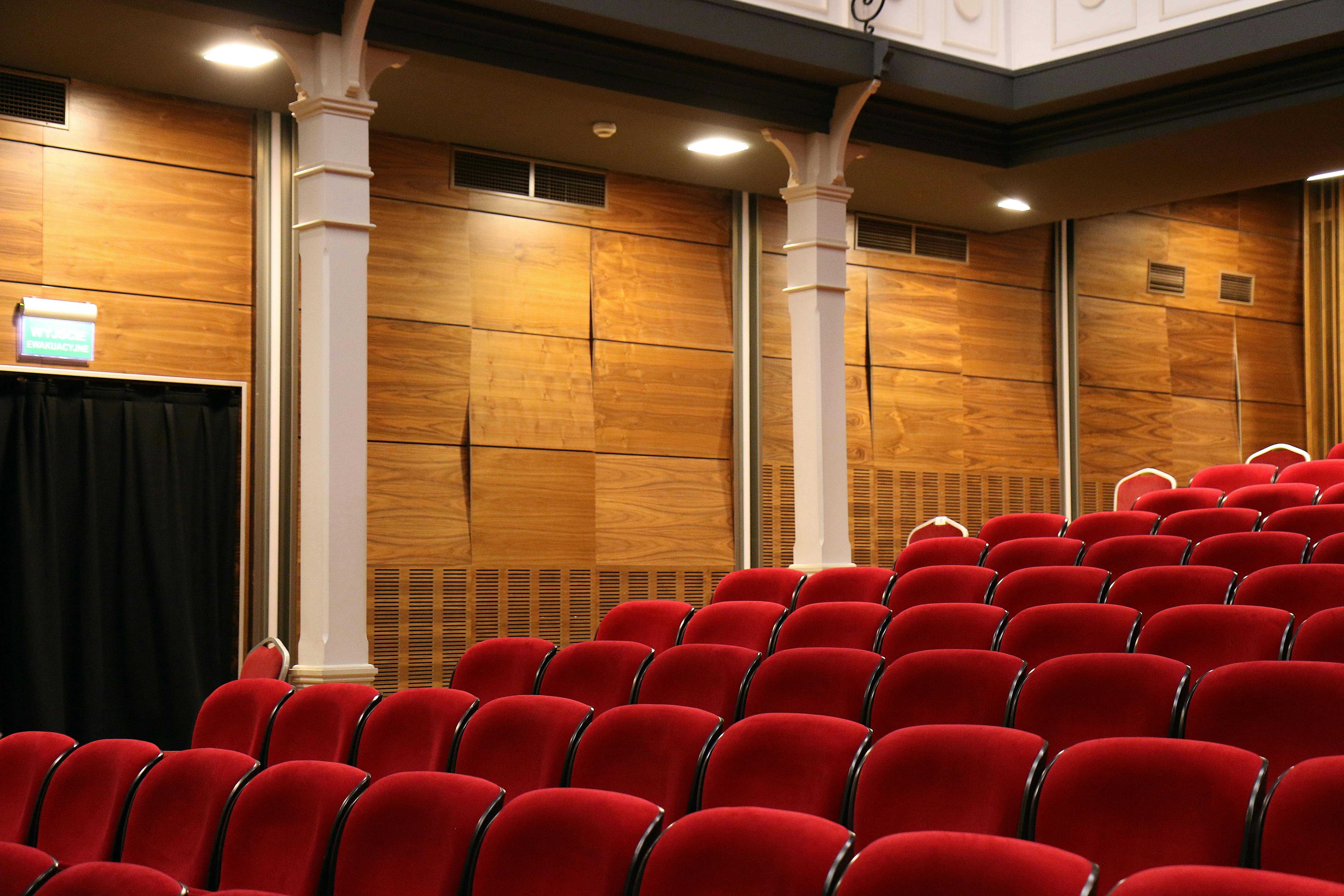New Gen Z’s Travel Hack? Letting Their Boss Pick Up the Tab

As remote work blurs the lines between office and home, a new trend is emerging among Gen Z workers – one that takes full advantage of employer-funded travel. It’s called bleisure – when workers combine business travel with personal travel – and Gen Z are all over it.
According to new data from a survey conducted online by The Harris Poll on behalf of Engine, among 1,108 U.S. adults ages 18 and older who are employed full-time, of which more than 200 are Gen Z workers ages 18-28, nearly two-thirds (65%) of Gen Z workers say they’re likely to combine business trips with personal travel. That means tacking on a few days of sightseeing, local food and beach time after client meetings and conferences – all with the company footing the bill for major expenses like airfare, hotels and car rentals.
In a world where travel is becoming more expensive and work-life boundaries are increasingly fluid, bleisure is more than just a buzzword. For many Gen Z professionals, it may be the only kind of vacation they can realistically afford.
The Bleisure Breakdown: Why Gen Z Is Embracing the Trend
For Gen Z, bleisure isn’t just convenient, it’s practical. Nearly half (45%) of Gen Z workers would consider combining business and personal travel because it feels like a free vacation, since the core costs of travel are already covered by their employer. Others would consider it as an ability to explore cities they wouldn’t typically visit on their own (35%), making the most out of destinations that might not be on their personal bucket lists. But it’s not all about adventure, many also see bleisure as a form of self-care. More than 2 in 5 Gen Z workers (43%) would consider it to help them maintain a healthier work-life balance, while 36% would consider it because it would allow them to recharge and reduce stress. And for nearly one in five Gen Z workers (18%), the reality is more straightforward: without the built-in savings of bleisure, personal vacations simply aren’t in the budget.
The data reflects a larger shift in how younger workers are redefining the employee experience. For Gen Z, travel isn’t just a perk, it’s a lifestyle. And if that lifestyle can be partially subsidized by the workplace, all the better.
What This Means for Employers
For companies trying to attract and retain younger talent, this trend presents both an opportunity and a challenge. On one hand, flexible travel policies that accommodate bleisure could be a low-cost way to boost employee morale and reduce burnout. On the other hand, companies may need to revisit expense policies, duty-of-care obligations, and scheduling norms to adapt to this increasingly popular practice.
Either way, the message is clear: Gen Z is traveling differently. And they expect the workplace to keep up.
“Bleisure travel is quickly evolving from a niche perk into a smart, strategic lifestyle choice for younger professionals,” says Ariel Katen, travel expert at Engine. “For Gen Z, it’s not just about saving money, it’s about maximizing every opportunity to explore new places, unwind, and maintain balance in an always-on work culture. What was once considered a fringe benefit is now a core part of how this generation blends productivity with personal fulfillment.”
Methodology
This survey was conducted online within the United States by The Harris Poll on behalf of Engine from April 10-14, 2025 among 1,108 U.S. adults ages 18 and older who are employed full-time, among whom 215 are Gen Z workers. The sampling precision of Harris online polls is measured by using a Bayesian credible interval. For this study, the sample data is accurate to within +/- 3.5 percentage points using a 95% confidence level. This credible interval will be wider among subsets of the surveyed population of interest. For complete survey methodology, including weighting variables and subgroup sample sizes, please contact [email protected].















.avif)


.avif)




